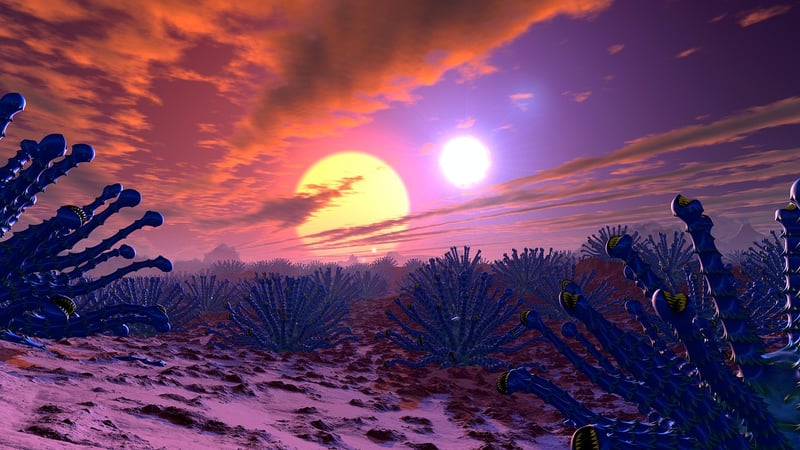Exobiology Studies
Exploring New Horizons: Discover New Species and Exobiology Studies

Welcome to the fascinating world of discovering new species and exploring exobiology studies. This thrilling journey takes us beyond the known boundaries of life on Earth and delves into the possibilities of life forms beyond our planet.
Discovering New Species
Every year, scientists around the globe discover new species that enrich our understanding of biodiversity. From deep-sea creatures with mesmerizing adaptations to insects in remote rainforests, the diversity of life on Earth never ceases to amaze.
One of the exciting aspects of discovering new species is the opportunity to study their unique characteristics and behaviors. Each new species adds a piece to the puzzle of evolution and ecosystem dynamics, contributing to conservation efforts and scientific knowledge.
Challenges of Discovering New Species
Exploring remote habitats, such as dense jungles or deep ocean trenches, presents challenges in discovering new species. Scientists often rely on innovative technologies like DNA analysis and remote sensing to uncover hidden biodiversity.
Conservation efforts play a crucial role in protecting newly discovered species and their habitats. Preserving biodiversity is essential for maintaining the delicate balance of ecosystems and ensuring the survival of all life forms on Earth.
Exobiology Studies
Exobiology, also known as astrobiology, explores the potential for life beyond Earth. Scientists investigate extreme environments on our planet that mimic conditions on other celestial bodies, such as Mars or icy moons, to understand the limits of life as we know it.
From microbial life in harsh deserts to deep-sea hydrothermal vents, exobiology studies push the boundaries of our understanding of life's resilience and adaptability. These studies offer insights into the potential for life in the vast expanse of the universe.
Searching for Extraterrestrial Life
The search for extraterrestrial life involves exploring Mars, Europa, Enceladus, and other celestial bodies for signs of habitability and potential biosignatures. Advanced space missions and telescopic observations provide valuable data for exobiologists to analyze.
Discoveries in exobiology could revolutionize our understanding of life's origins and evolution, leading to profound implications for humanity's place in the cosmos. The quest to find life beyond Earth fuels scientific curiosity and inspires new generations of researchers.
Join us on this exciting journey of discovery as we unravel the mysteries of new species on Earth and explore the possibilities of life beyond our planet. The universe is vast, and the wonders it holds are waiting to be revealed.
